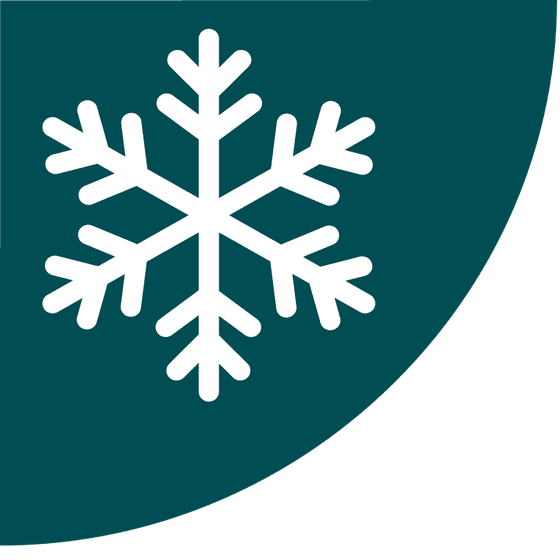OSHA, NIOSH: Protect Workers from Hazards of Cold Weather
At a time when parts of the U.S. were experiencing extreme cold, OSHA and NIOSH highlighted the hazards of snow removal and other outdoor work in winter weather.
A pamphlet published by OSHA in January (
PDF
) is intended to help employers protect workers involved in snow removal operations. According to the agency, falls are the cause of most worker fatalities and injuries during rooftop ice and snow removal. Other hazards include injuries associated with the use of snowblowers and other equipment; entrapment and suffocation under falling snow drifts or piles; electrocution from contact with power lines or damaged extension cords; and frostbite or hypothermia.
Before snow removal begins, employers should check the work site for hazards and train workers on the signs of cold stress. When and where possible, employers should limit workers’ access to roofs to remove snow. OSHA also urges employers to ensure that workers are using all powered equipment according to the manufacturers’ instructions.
NIOSH issued an update in January urging workers whose jobs require them to work outside in cold conditions to “be prepared and be aware” to prevent cold-related illnesses and injuries. Police officers, snow cleanup crews, sanitation workers, and farmers are among those who may not be able to avoid working outdoors in cold weather. NIOSH recommends that these workers wear warm clothing that is appropriate for the weather and be aware that cold temperatures can lead to illness and injury.
More information, including links to NIOSH resources on staying safe when working in cold, is available on the agency’s website
.NEWSWATCH
THERMAL STRESSORS


